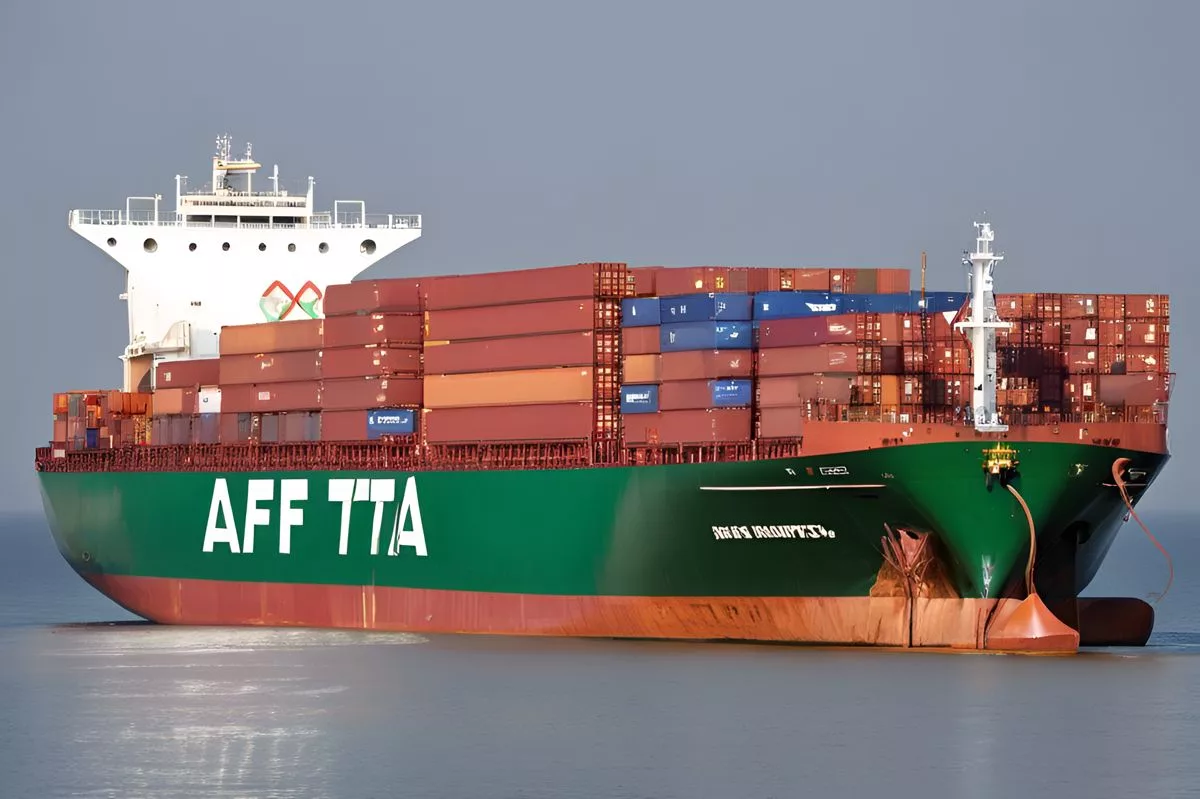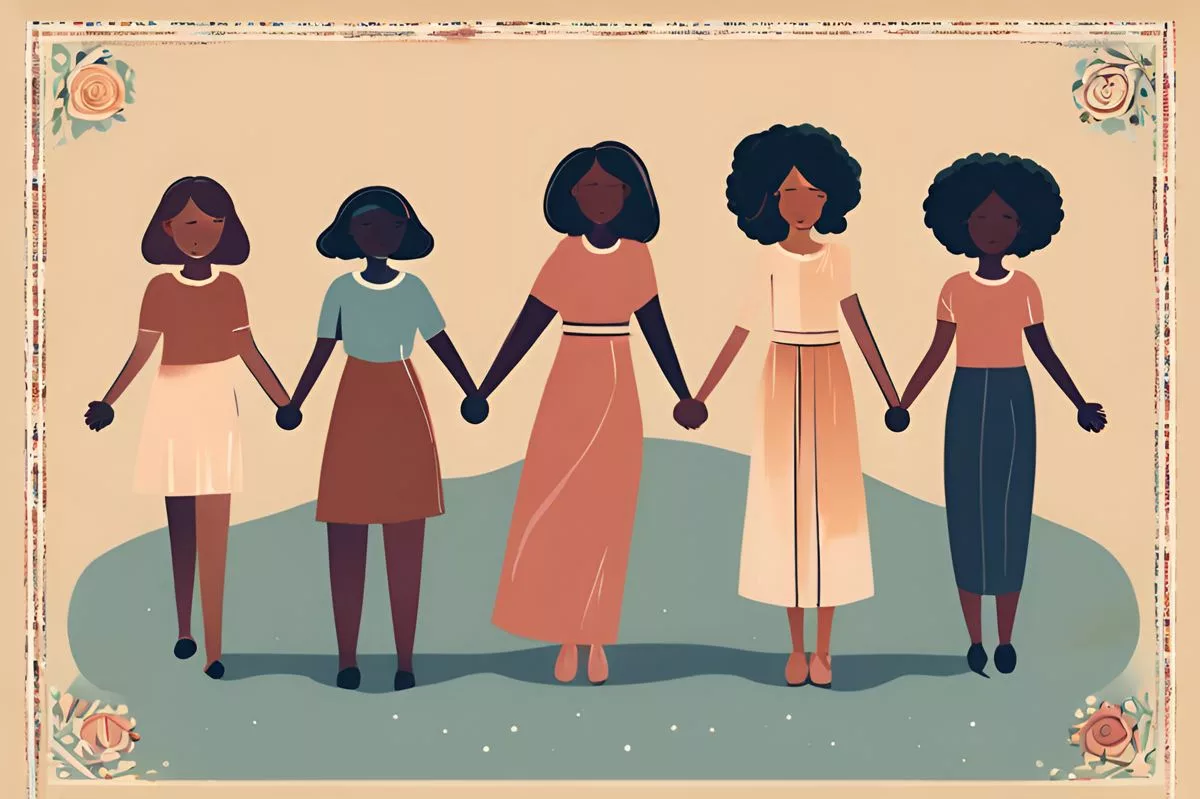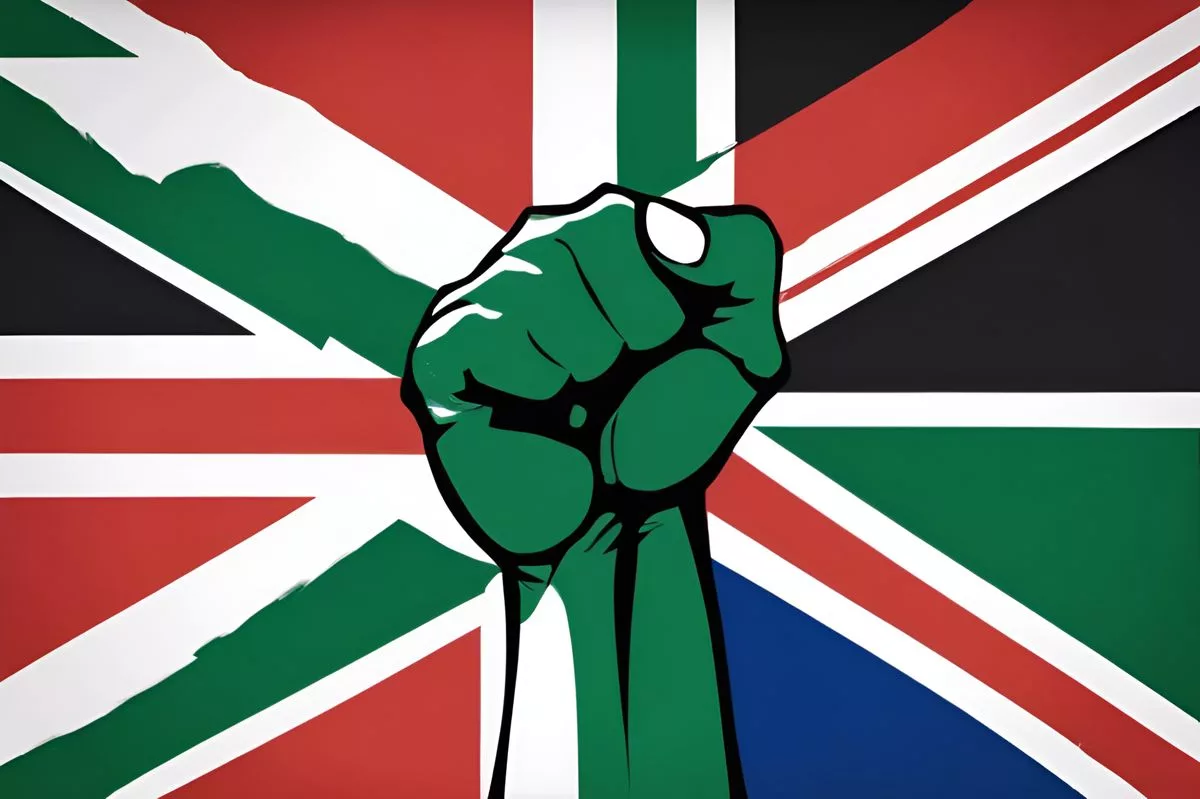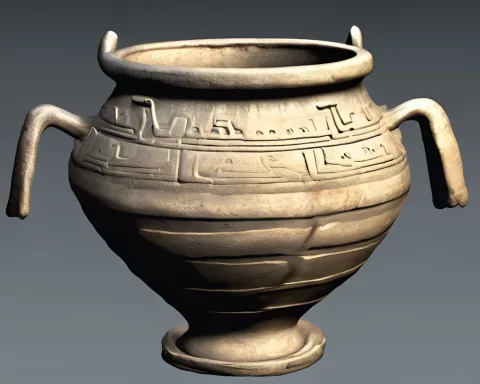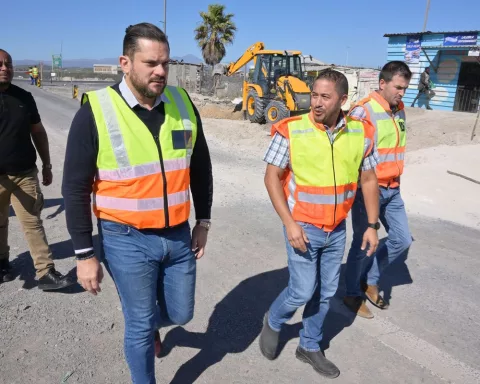The African Continental Free Trade Area (AfCFTA) is an agreement that aims to unify the African market and boost economic development. South Africa is playing a key role in promoting Pan-Africanism and global solidarity through its involvement in various international economic development organizations. With the implementation of AfCFTA, South Africa is exploring new trade opportunities with Asia and the Middle East, as well as promoting infrastructure expansion and industrial progression. The country is leading the way in implementing AfCFTA and is committed to achieving economic unification and prosperity across the African continent.
What is the African Continental Free Trade Area (AfCFTA)?
The African Continental Free Trade Area (AfCFTA) is a trade agreement designed to establish a unified African market of over 1 billion people and a combined GDP of US$3.3 trillion. It aims to increase intra-Africa trade, promote industrial development, and aid the integration of the African continent. 54 African Union (AU) member nations have signed the AfCFTA, where 47—including South Africa—have ratified the treaty.
In a world increasingly driven by globalization, the African Continental Free Trade Area (AfCFTA) stands as a symbol of hope for economic unification and prosperity across the African continent. The Deputy Minister Alvin Botes’ address at the Second Free State Investment Forum provides a detailed overview of the continent’s progress towards integration and offers an inspiring glimpse into the potential future of Africa’s economy.
The Forum, a collaborative assembly of delegates from varied sectors, including government, business, and international diplomacy, was designed to underscore South Africa’s significant role within the global economy. Botes outlined South Africa’s international policies, underlining the country’s dedication to Pan-Africanism and worldwide solidarity, facilitated through dynamic interaction with an assortment of global entities, both governmental and nongovernmental.
This foreign policy framework is the driving force behind South Africa’s active involvement in a wide spectrum of international economic development organizations, ranging from BRICS PLUS to the Indian Ocean Rim Association (IORA). As the geopolitical landscape of the world shifts from unipolarity to multipolarity, South Africa, a pioneer in economic diplomacy, is well-positioned to address pressing national issues such as unemployment, poverty, and inequality.
South Africa’s Economic Trajectory: New Opportunities
Historically, South Africa’s industrial growth was closely tied to its relationship with the G7 nations. However, the Association of Southeast Asian Nations (ASEAN) provides new avenues for growth. The growing volume of trade with Asia and the Middle East, which has surged from R45 billion in 1990 to an impressive R984 billion in 2020, signifies this shift in economic focus.
Yet, it is the AfCFTA that truly takes center stage. Instituted on 1 January 2021, the AfCFTA has made notable strides towards achieving the goal of an economically integrated Africa. It is widely recognized as a game changer, bolstering intra-Africa trade, promoting industrial development, and aiding the integration of the African continent.
The AfCFTA aims to establish a unified African market of over 1 billion people and a combined GDP of US$3.3 trillion. It is designed to elevate Africa’s global trade share, which currently stands at a meager 3%, and to amplify intra-Africa trade, which presently hovers between 16-18%.
AfCFTA’s Vision: Beyond Market Integration
The vision of AfCFTA extends beyond just market integration. The focus also lies on infrastructure expansion and industrial progression. The AfCFTA Agreement negotiations encompass trade in both goods and services, with the intention to include Investment, Intellectual Property, and Competition Policy in the future.
So far, 54 African Union (AU) member nations have signed the AfCFTA, where 47—including South Africa—have ratified the treaty. The AU’s Assembly of Heads of State and Government, which convened in February 2024, endorsed the AfCFTA Protocol on Women and Youth in Trade, the AfCFTA Protocol on Digital Trade, and the AfCFTA Protocol on Investment, thus emphasizing the significance of inclusivity and digitization in determining Africa’s economic destiny.
South Africa Leading the Way: AfCFTA in Action
South Africa has led the way by initiating the first shipment under the AfCFTA regime, destined for Ghana and Kenya. This development has been hailed as a significant milestone in the practical implementation of the AfCFTA, setting the groundwork for other nations to follow. Under the provisions of AfCFTA, tariff concessions have been granted, and negotiations are underway to address the Rules of Origin on Textile and Automotive sectors.
Launched in October 2022, the AfCFTA’s Guided Trade Initiative serves to evaluate the effectiveness of trading under AfCFTA preferences and to identify areas for improvement. This initiative has facilitated the trade of various products, such as ceramic tiles, tea, coffee, and processed meat products, between countries that meet the criteria for trading under the AfCFTA.
Additionally, the Southern African Customs Union (SACU) countries made a significant stride towards reducing tariffs by up to 90% with their Tariff Offer in 2023, further facilitating the implementation of the AfCFTA. The adoption of the Ministerial Regulations on Special Economic Zones (SEZs) also allows goods and products manufactured within the SEZs to comply with the rules of origin provisions of the AfCFTA.
Looking back, we can hear the words of Kwame Nkrumah, the first President of Ghana, echoing in this context: a “noble and glorious challenge” that demands courage and foresight in the quest for the “highest excellencies and the fullest greatness of man”. As South Africa embarks on this exciting journey towards economic unification and prosperity, it takes pride in its past and steps boldly into the future.
1. What is the African Continental Free Trade Area (AfCFTA)?
The African Continental Free Trade Area (AfCFTA) is a trade agreement designed to establish a unified African market of over 1 billion people and a combined GDP of US$3.3 trillion. It aims to increase intra-Africa trade, promote industrial development, and aid the integration of the African continent.
2. How many African Union member nations have signed and ratified the AfCFTA?
54 African Union (AU) member nations have signed the AfCFTA, where 47—including South Africa—have ratified the treaty.
3. What opportunities does the AfCFTA present for South Africa?
The AfCFTA presents new trade opportunities for South Africa with Asia and the Middle East, as well as promoting infrastructure expansion and industrial progression. It is also designed to elevate Africa’s global trade share and amplify intra-Africa trade.
4. What is the vision of the AfCFTA beyond market integration?
The vision of AfCFTA extends beyond just market integration and includes infrastructure expansion and industrial progression. The AfCFTA Agreement negotiations encompass trade in both goods and services, with the intention to include Investment, Intellectual Property, and Competition Policy in the future.
5. How is South Africa leading the way in implementing the AfCFTA?
South Africa is leading the way in implementing the AfCFTA by initiating the first shipment under the AfCFTA regime, destined for Ghana and Kenya. Under the provisions of AfCFTA, tariff concessions have been granted, and negotiations are underway to address the Rules of Origin on Textile and Automotive sectors.
6. What initiatives have been launched to facilitate the implementation of the AfCFTA?
The AfCFTA’s Guided Trade Initiative serves to evaluate the effectiveness of trading under AfCFTA preferences and to identify areas for improvement. The adoption of the Ministerial Regulations on Special Economic Zones (SEZs) also allows goods and products manufactured within the SEZs to comply with the rules of origin provisions of the AfCFTA. Additionally, the Southern African Customs Union (SACU) countries made a significant stride towards reducing tariffs by up to 90% with their Tariff Offer in 2023.

